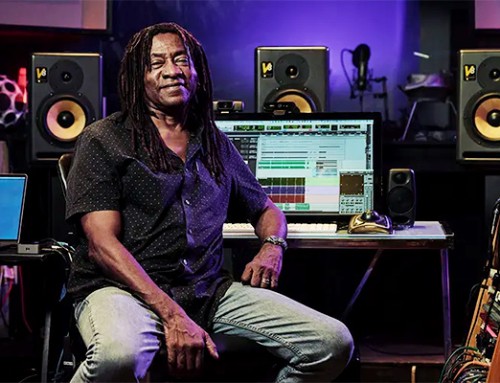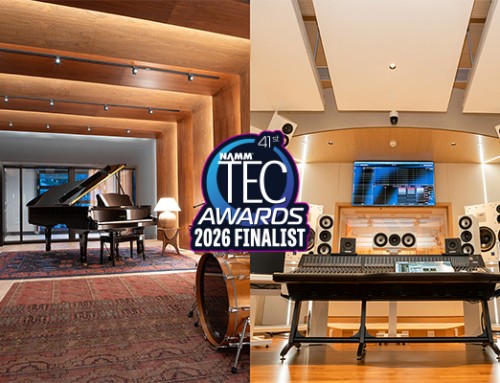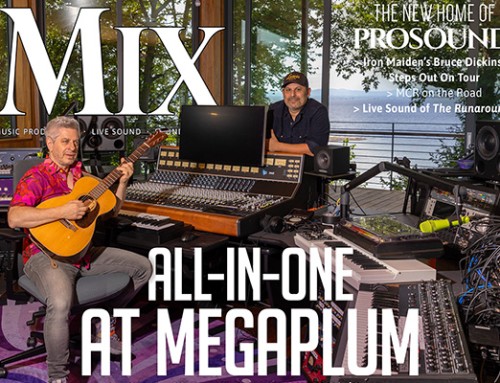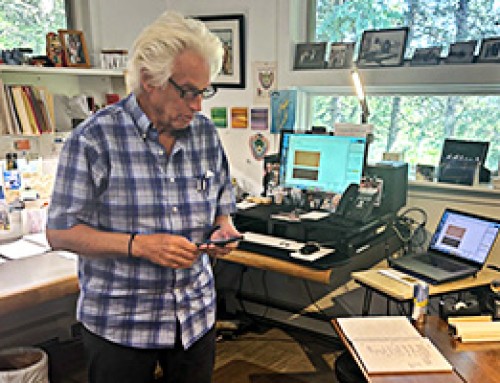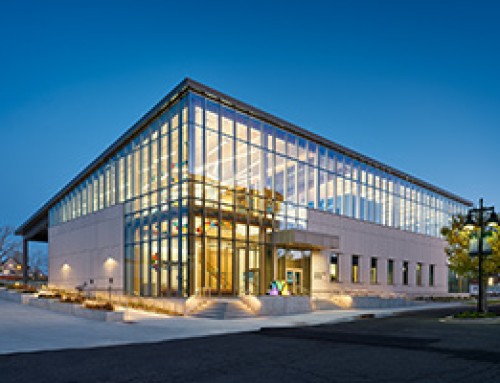Electric Lady Studio’s Designer On His 50-Year Career, And Why He’s Moving Into the Podcast Space
by
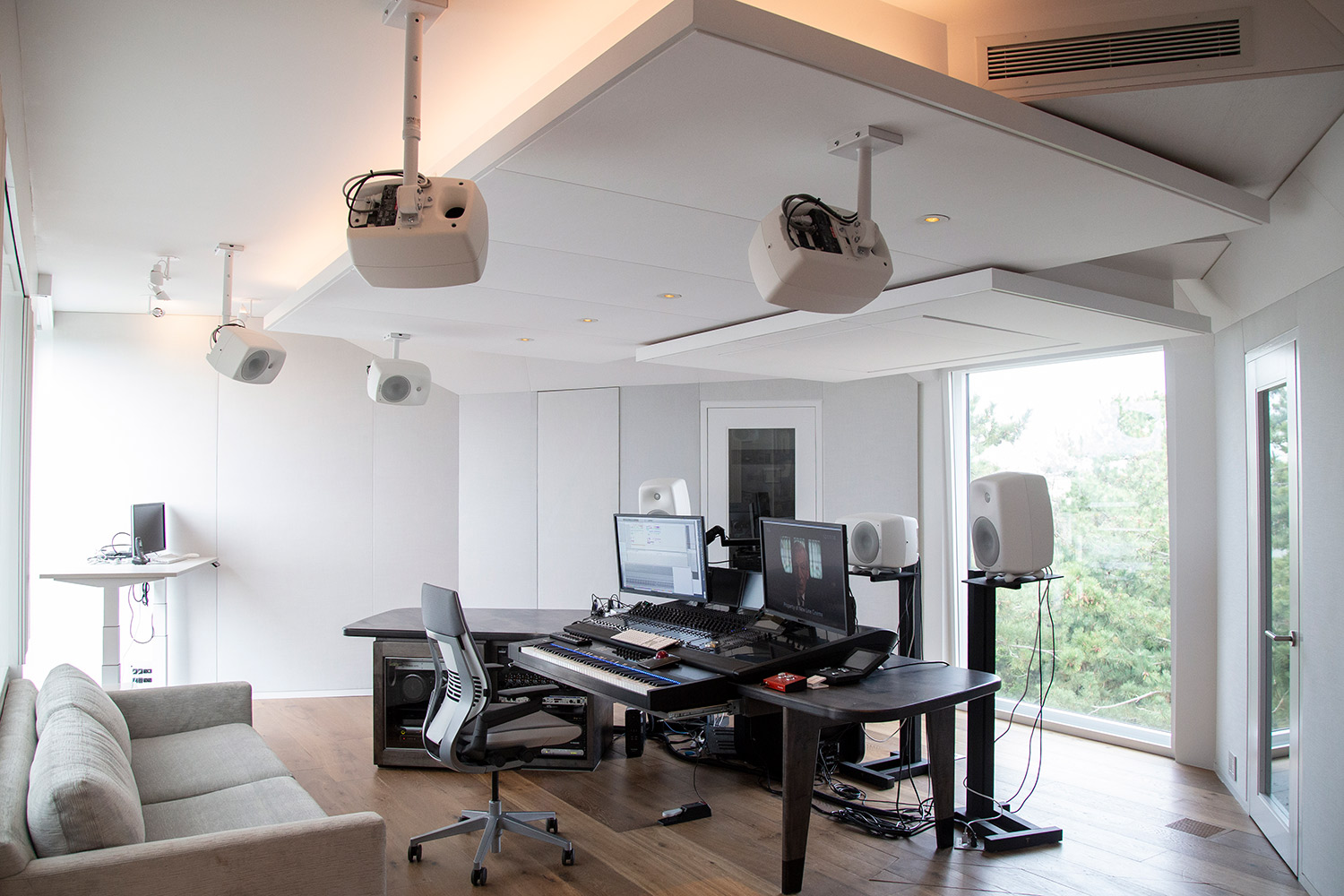
Photo by: Tycho Burwell. A recent client project of Storyk’s: home studio The Body in Amagansett, N.Y.
Five decades ago, John Storyk’s life “changed on a dime” when he met Jimi Hendrix. The then-22-year-old musician-carpenter had just completed his first design project for New York’s Cerebrum nightclub. Hendrix admired the space’s aesthetic and asked his manager to track down its designer to work on his own Greenwich Village space that would later become the now iconic Electric Lady Studios. Given the guitarist’s involvement, says Storyk, “it was famous before it was even done.”
Nearly two decades later, Storyk met his wife and business partner, Beth Walters, an interior/fabric designer, and they co-founded the Walters-Storyk Design Group. WSDG now counts over 60 employees across six offices in the U.S., Germany, Switzerland and Brazil — and after 50 years, Storyk has become a respected figure in the science of sound.
Storyk has designed over 3,500 audiovisual production spaces globally, including commercial studios, educational facilities, multimedia/podcast rooms and even home studios for stars such as JAY-Z, Whitney Houston, Bob Marley and Bruce Springsteen.
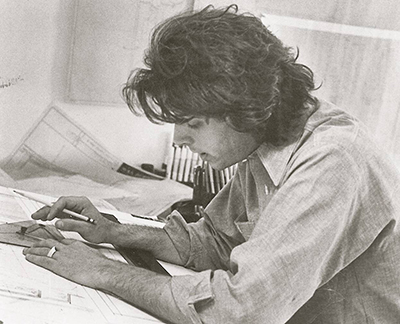
A young John Storyk at the drafting table circa 1976.
More recently, says Storyk, podcast studios have become a larger part of his business, and WSDG is working with podcast players Gimlet, which is owned by Spotify, and Stitcher. Two of WSDG’s 2019 projects — the Zhejiang Conservatory of Music in Hangzhou, China, and Stitcher’s studios in New York and Los Angeles — received nominations in the outstanding creative achievement, studio design category for the National Association of Music Merchants’ 2020 Technical Excellence & Creativity Awards, to be handed out Jan. 18. Now, WSDG has a half-dozen podcast-facility projects on deck. “Spotify bought Gimlet for over $300 million,” says Storyk. “Somebody thinks there’s money there.”
Storyk hasn’t abandoned music studios, though. He recently reunited with Hollywood composer Carter Burwell (Fargo, The Big Lebowski) to build a studio at Burwell’s Hamptons home in Amagansett N.Y., called The Body. (They first collaborated in 1999 on Burwell’s Manhattan loft studio.) The Body was added as an extension to the property, which sits on the water, “driving the geometry and shape” of the room, says Storyk. “[Carter] wanted to sit there, mix and look out over panoramic views of the ocean.”
While operating in an era where “everybody can have great recording equipment at one-tenth the price,” working with Burwell affirms Storyk’s core mission: “Studios are supposed to have great technology and acoustics,” he says, “but also vibe and emotion and feeling — the very thing I’ve been doing for 50 years.”
Visit our Project Pages:
CARTER BURWELL “THE BODY”
STITCHER STUDIOS
GIMLET MEDIA
ZHEJIANG CONSERVATORY OF MUSIC


